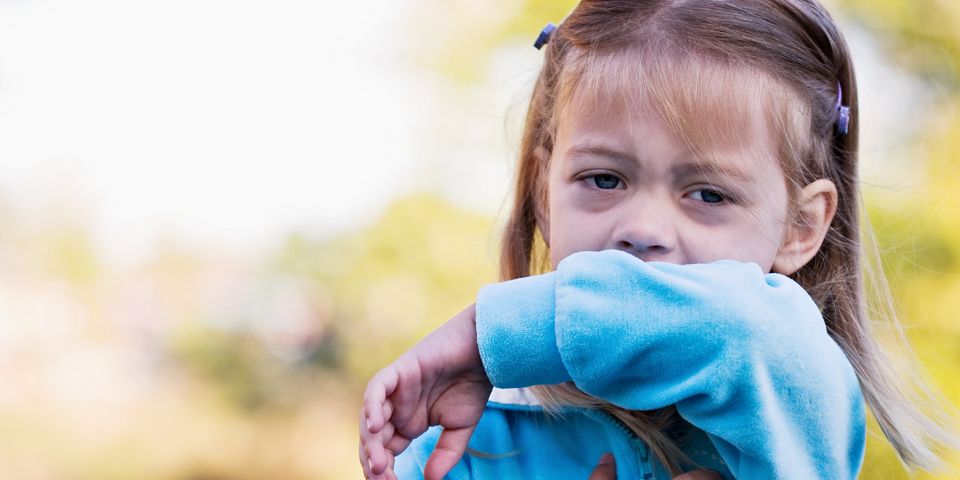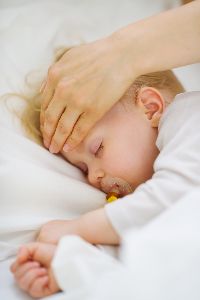
There are many conditions that concern parents and pediatricians, but whooping cough is one of the most serious for babies and smaller children. Until a vaccine for it was developed in the 1940s, whooping cough, or pertussis, was among the most serious and common childhood diseases. Although modern medicine has made it possible to prevent most long-term effects of this illness, it’s still important to understand what it is, how it impacts a child, and how to prevent or treat it as needed. Find out more in the following article.
What is Whooping Cough?
Whooping cough is an infection caused by the bacterium Bordetella pertussis and affects the respiratory system. Once it becomes established, it leads to its most noticeable symptom—a characteristically high-pitched whooping or gasping sound that's accompanied by prolonged coughing fits. Whooping cough usually affects babies less than two months old since they’re too young to be immunized. Children between ages 11 and 18 whose immunizations have lost their efficacy can also get sick.

It can take up to 10 days or more for initial symptoms to appear. At first, they may resemble those of a cold or minor respiratory infection, such as sneezing, coughing, a slight fever, congestion, and a runny nose. Over about one to two weeks, a steady buildup of mucus will accumulate in the throat and nasal passage, leading to severe, uncontrollable coughing fits. These attacks may lead to tiredness, vomiting, and the telltale whooping sound.
Prevention and Treatment
Getting the tetanus, diphtheria, and pertussis (Tdap) vaccine is the most effective way to prevent whooping cough. Although babies younger than two months can’t safely receive this vaccine, pregnant women can get it, and they can encourage anyone hoping to meet their new baby to do the same.
Once your little one has reached their second month, a pediatrician can give them their first dose of the Tdap vaccine. Subsequently, injections can be given at 4, 6, and 15 to 18 months old, and again between the ages of 4 and 6.
If you suspect your child has whooping cough, visit your pediatrician as soon as possible. If detected early enough, a course of antibiotics can be started to slow or stop the spread of the illness. In some cases, it may be wise to hospitalize a child with pertussis, as they’re more likely to be vulnerable to pneumonia and other complicating factors and must be supervised by medical professionals to ensure their safety.
Whether you’re concerned about your little one’s risk of whooping cough or ready to get them immunized against it, turn to Pediatrics of Dalton in Georgia. The compassionate, experienced pediatricians at this local children’s health center offer a variety of preventive treatments to protect kids from a wide range of illnesses and injuries. They proudly serve families throughout Whitfield County, and they're dedicated to creating a welcoming, anxiety-free environment to keep kids calm throughout appointments. Learn more online, and call (706) 278-5373 to book an appointment.
About the Business
Have a question? Ask the experts!
Send your question

